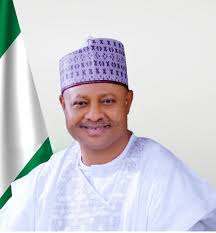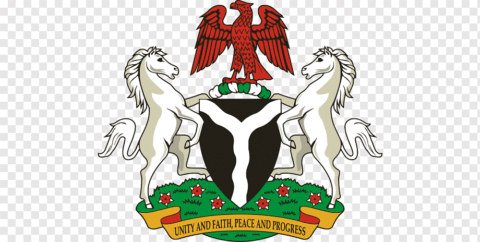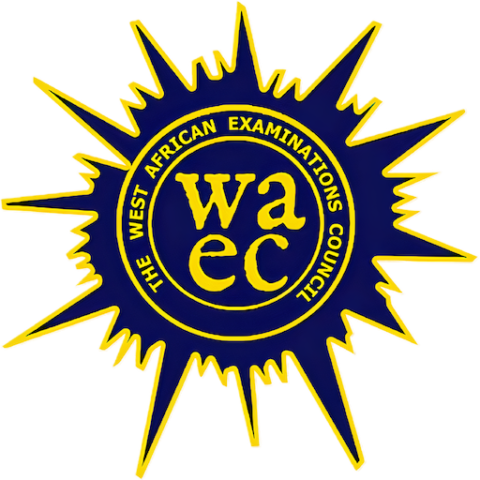The Federal Government has directed a nationwide data-mapping exercise to identify out-of-school children as well as non-literate youth and adults, reaffirming its commitment to expand access to literacy for Nigerians, particularly those aged 15 and above.
Minister of State for Education, Professor Suwaiba Ahmad, announced this on Monday at a press briefing in Abuja to mark the 2025 International Literacy Day themed “Promoting Literacy in a Digital Era.”
She explained that while the National Commission for Mass Literacy, Adult and Non-Formal Education (NMEC) is mapping non-literate youth and adults, the National Commission for Almajiri and Out-of-School Children (NCAOOSC) is conducting a similar exercise across states of the federation.
According to Ahmad, the initiative is part of Nigeria’s drive to achieve Sustainable Development Goal (SDG) 4.6, which seeks to ensure that all youth and a significant proportion of adults attain literacy and numeracy by 2030.
“Across the country, we are conducting a comprehensive mapping exercise to identify those who are out of school or non-literate. With this data, millions will be enrolled into literacy programmes that are inclusive, empowering, and tailored to their needs,” she said.
She stressed that literacy is central to national development, noting that under President Bola Ahmed Tinubu’s Renewed Hope Agenda, the Ministry of Education is embracing technology to expand learning opportunities.
“From mobile platforms to radio and television programmes, we are deploying digital tools to reach learners wherever they are—cities, villages, IDP camps, and remote communities,” she added.
Meanwhile, NMEC Acting Executive Secretary, Dr. John Edeh Onimisi, revealed that over 27,000 youth and adult learners aged 15 and above have already been enrolled into literacy and empowerment programmes in the Federal Capital Territory.
He noted that the initial enrolment target for Abuja Municipal Area Council (AMAC) was 3,876 learners, but the figure has significantly surpassed expectations. He added that the initiative would soon expand to 377 Local Government Areas across the 36 states, leveraging 17 community learning centres to reach thousands more.
“In all, we are fully embracing digital learning tools—radio, TV, and mobile apps—to make literacy more accessible, flexible, and relevant,” Onimisi stated.
Also speaking, UNESCO’s Acting Head of Education Sector, Oladeji Adeyemi, reaffirmed the agency’s support for Nigeria’s literacy agenda, pledging to work with the government in building an education system that is accessible, equitable, and responsive to the demands of the 21st century.





